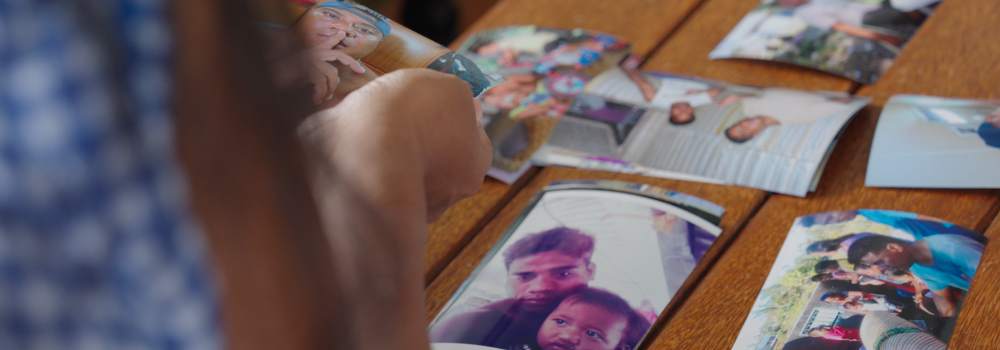Human Rights at Sea International: Who we are
Human Rights at Sea International (HRASi) operates under the core belief that ‘human rights apply at sea, as they do on land.’ Working with states, businesses and other third sector organizations, HRASi helps strengthen protections and support philanthropic activities that aim to reduce human rights abuses throughout global and value supply chains. In doing so, we reinvest in the next generation of advocates and support necessary social justice projects.
In addition to our role as a human rights service provider, we engage in national and international advocacy, raise awareness of critical issues in the maritime environment and push for change particularly through business entities and their ESG conduct.
Plight of fisheries observers
Through these efforts, HRASi has become an instrumental advocate for increasing safety, security and welfare protections for fisheries observers. Fisheries observers help ensure ocean sustainability by assuring compliance with conservation and management measures while collecting vital scientific data. Unfortunately, the nature of this work can sometimes incite conflict onboard, with observers providing the only form of scientific regulation often thousands of miles offshore.
Eritara’s story
Nearly 20 fisheries observers have died or disappeared in the last 15 years alone, with this statistic likely higher as not all incidents are reported. This includes Eritara Aati Kaierua, a fisheries observer from Kiribati who died in March 2020 while working onboard a Taiwanese flagged commercial fishing vessel, the WIN FAR 636.
Critically, and to this day, Eritara’s case remains unresolved as state-level bureaucratic failures resulted in conflicting causes of death, alleged mishandling of evidence and alleged failures in transparency and due process for the family.
Death at Sea film
This lack of justice led HRASi to partner with director Sara Pipernos to produce the Death at Sea film and associated Death at Sea justice campaign.
Death at Sea chronicles the life and unexplained death of Eritara through the eyes of the family he left behind. The film’s narrative relied heavily on an independent case review conducted by HRASi in 2020 that highlighted 26 outstanding questions that raised concerns about the rigor of the ongoing investigation. Present-day Pacific fisheries observers were also interviewed who describe harrowing tales of abuse they faced while working at sea.
The film has since won a student Royal Television Society award and been nominated for a prestigious Jackson Wild Media Award. This recognition continues to push Eritara’s story, and the issues facing all observers, into the mainstream.
Death at Sea justice campaign
The Death at Sea justice campaign was launched in partnership with HRASi in 2024 to achieve justice for Eritara’s family and set a global precedent for fisheries observers going forward.
To this day, Eritara’s family has yet to receive adequate worker compensation, a payout that families are given in the event a fisher incurs injury or death while working. Eritara’s story is not unfamiliar, not a single investigation into an observer’s death has yielded answers nor compensation for family members.
As such, HRASi’s ongoing engagement with relevant state and international authorities, alongside the film’s release and campaign, aims to deliver long-overdue justice for Eritara and his family.
These efforts will also set a global precedent in international best practice that worker compensation must be paid under such tragic circumstances. Additionally, our awareness-raising efforts via film festivals and deathatseafilm.com, the online hub for the justice campaign, push for policy reform that increases safety protections for fisheries observers.
Engage with us
HRASi is proud to support initiatives that protect vital workers in the maritime space. To follow our work, visit deathatseafilm.com, deathatsea.film on Instagram, and Human Rights at Sea International on LinkedIn.

